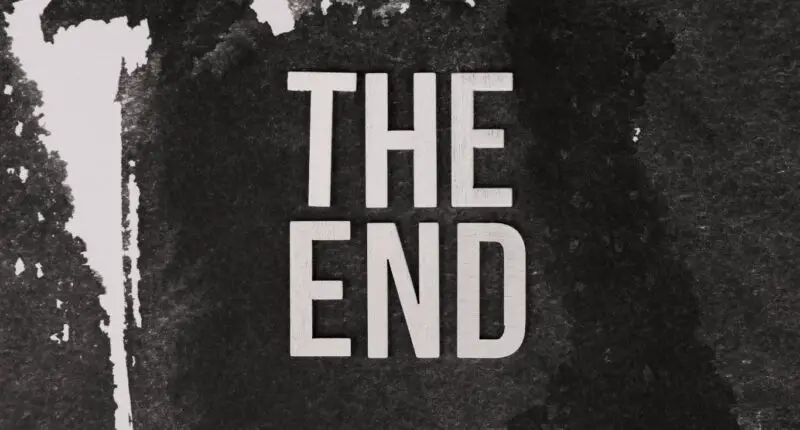How To Finish What You Start: You may occasionally begin a project that you are passionate about and abandon it in the middle of it. It’s always tragic, yet a lot of people experience it, and it frequently occurs for compelling reasons. Other times, though, we encounter obstacles that are only in our minds, which can prevent us from achieving our objectives. For this reason, cultivating success requires mastering the skill of finishing what you start. Even if your projects don’t succeed, you’ll still gain knowledge through completing them. Successful project completion requires careful planning and deliberate action. If you have ever started a project, you are aware that each one has its own unique set of difficulties that are not immediately apparent. Here are my 10 best tips on how to finish the projects you start.
How To Finish What You Start
Be selective in what you embark on
Make sure the project you begin is something you are enthusiastic about and want to see through. The completion rate is also higher if you establish high standards for what you want to do. Try it out on a small scale first to see if it’s something you’re interested in or if you’re not sure this is something you truly want to do. The author has started projects that he was previously just somewhat interested in, like learning to play tennis or studying Japanese. In the end, he halted them in the middle. Time and resources that may have been used elsewhere were wasted as a result of this. He became more aware of how to use his time and energy.
Estimate the resources you need
Resource planning is a practice used by businesses to determine how many resources will be required for a project. They then make the appropriate labor and investment plans. For us, that entails making a rapid estimate of the time and work required for this idea so that we can get a bird’s eye view. It need not be comprehensive. The idea is to have a source of guidance

Budget your time and energy accordingly
Following the creation of your outline, you should have a reasonable estimation of the time and effort required to finish it. Integrate your time and resource allocation into your schedule. You should schedule time for the project in your calendar. When people underestimate the amount of labor required to achieve the goal, it is a major contributor to loss of enthusiasm or energy. Your energies and expectations might be planned out with the help of good resource planning. You’ll control yourself adequately to acquire the results you want because you know it will take longer and more effort to get the desired result. This will increase project success rates.
Quit being a perfectionist
Break the task down into several smaller steps first, and then concentrate on one step at a time. After breaking things down, if you still put it off, break it down even more into smaller bits. You’ll soon be left with a task that is so easy to complete that you’ll wonder why you put it off earlier. Give yourself the go-ahead to write a draught version as the second piece of advice. It is not necessary to complete something perfectly the first time. Even if your draught is terrible, it’s still better than doing nothing at all.
Commit to it
Once you’ve begun, stay with it. Do everything you have planned. Hold yourself to your commitments, but give yourself the choice to end a project if it truly isn’t in line with your vision. As for you, consider whether going out to party over the weekend is more essential to you than working on the business you’ve been planning to launch. The latter is what brings you true satisfaction; the former might provide you some momentary gratification. The benefits of the latter are benefits that you will continue to enjoy for a very long time.

Connect with your end vision
You always start a new endeavour with a lot of vigour and passion. When you are in the middle of things, this vitality gradually fades away. Although you are still enthusiastic about the project as a whole, you are less enthused about the minute details of the work. Bring your end vision back into focus because that is the problem right now. You should surround yourself with everything that serves as a reminder of your ultimate objectives, such as your vision board, images of people who have already achieved it, and objects that symbolize it.
Track your progress
By keeping track of your progress, you can see how you’re doing and set goals for yourself. This makes it simpler to maintain your forward velocity. Make a project sheet to keep track of your goals and progress. Your weight, your body fat percentage, and possibly how well you performed throughout your workout sessions will be your KPIs if your objective is to lose weight.
Celebrate what you’ve done so far
We occasionally become demoralized by all the things that need to be done. No matter how much time we invest, it seems like we will never be able to complete it. We give up halfway through because the volume of work overwhelms us. Celebrate every step along the way. Take advantage of the chance to rest and recuperate.

Decide to finish
Making the decision that no matter what, this unfinished task or project will no longer be unfinished is the first step toward completion. Tell yourself you’ll change your behaviour and strategy so you can finish the things you start. This may entail declining more requests up front so they don’t end up on the to-do list in the first place, which will make it simpler to get rid of pointless busy work.
Don’t just finish, complete
You have chosen your course of action, created a plan, and continued to see the project through. Although it feels fantastic to cross a significant item off your to-do list, completion is the final and most crucial stage. When the work is finished, confirm that it is finished by making sure it is saved, shared, or stored properly.
Also Read: Ten Types of Psychic Abilities



